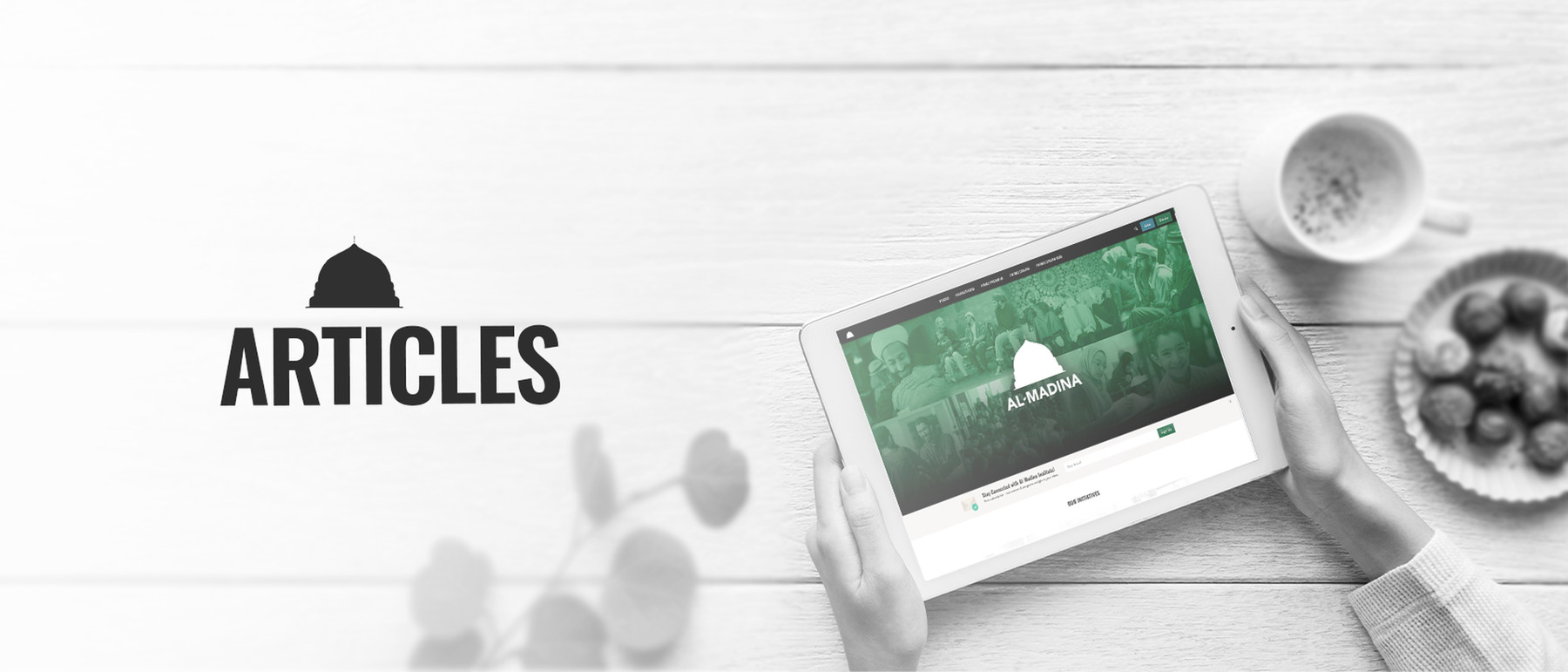Articles
Do you really need to recline your seat?
I was on an international flight recently, and in true capitalist fashion, the airline packed us in like sardines.
It’s a flight. You deal with it. The discomfort is temporary.
But about two hours in, the chaos began. A few folks in my line of sight decided it was time to recline their seats. And just like that, three arguments broke out.
MORE INFO
Run Like A Hijabi: An Interview with Rahaf Khatib
An avid runner and marathoner, Rahaf Khatib recently made headlines for being on the cover of Women’s Running magazine in October 2016. As a voice for promoting health and fitness in the community, she is an inspirational figure for both Muslims and those of other faiths. In this interview with Selma Chaudhry and Salam Aref, she discusses the story behind the magazine cover, her love of running, and the challenges she has faced.

"Welcome Back Home": Lessons From My Recent Rihlah to Senegal
The old tradition of visiting scholars in other lands and interacting with Muslims in faraway places is a practice that needs more attention among Muslims in the West. For the children of enslaved Africans in particular, traveling back to Africa, hearing our people such as Senegalese say “Welcome back home” and breathing the air of Islamic tradition from there is a type of medicine for our wounded souls.

Remembering the Greatest Day
Many of us are deeply shaken by the bloodshed and violence meted out against innocent people in the world. We see images and hear the stories of — among so many others — the ethnic cleansing of the Rohingya in Burma, the calculated starvation of the people of Yemen, brutality against black lives in our very own country, and in Syria, again and again, a people attacked by nations that have, as the Prophetic tradition so accurately described, “gathered against them just as people gather around a feast."
God reminds us of the great day we will all come to witness, a when the test of this life, with its painful trials and challenges, its triumphs and heavy tragedies, will come to a halt and everything within it will come to an end.
To intensely remember that greatest day - the realest day – is a source of grounding and solace. It is the day of ultimate justice and judgment, in which all those in positions of power will be uprooted. The day in which all the systems that perpetuate injustice will be broken, and all the chains of command will be cut. Might, military or otherwise, will be humbled low, and plots and strategies will be cast off.
We take comfort in knowing that God is the perfectly just, to Whom all affairs return. As we love Him for His promise of heavenly reward for the righteous, so too do we love Him for His promise to justly deal with those who harm and oppress.

Love Meeting God and He Will Love Meeting You
When we come to Salah, where are we going? We’re supposed to be going to whom? To Allah – to liqā Allah (meeting Allah) in Salah. So if in that walk or drive or coming to Salah we are not energized in this way, if we come for the wrong reasons and we come lazy and bored, then that’s a sign that Allah is not desiring us because of the way we are. But if when we come to Salah we find our hearts desirous, going forward emotionally, elated, and expanded – and if we’re not in a hurry in Salah to leave – then that’s a sign inshallah that Allah loves to be with us.

What We Can Do For Aleppo
Over the past five years many of us have been struggling to make sense of the carnage we see in Syria. In the past two days alone those feelings have been intensified as we witness children, women and men suffer in ways we wouldn't wish upon our worst enemy. Each one of us can help in being a spiritual and material conduit of aide to our brothers and sisters in Syria by doing the following.

Advancing the Conversation on CVE
There is a lack of clarity in American Muslim discussion as to what CVE is. I put forth a definition and description of CVE as a concept to inform and inject greater clarity into American Muslim community conversations on the topic, so communities are making better informed decisions by hearing from more than one particular narrative.

Muslims and the Problem of Addiction
Our culture of shame and stigmatization of those struggling with problems we consider taboo is immensely harmful. To acknowledge a problem and recognize the human face dealing with it does not equate to its acceptance or normalization. It is a recognition of the human condition and the consequences of having free will. America is experiencing an addiction epidemic, especially with prescription drug abuse. Muslims should be at the forefront of efforts to solve this crisis. But first, we must assess our attitude towards our own.





